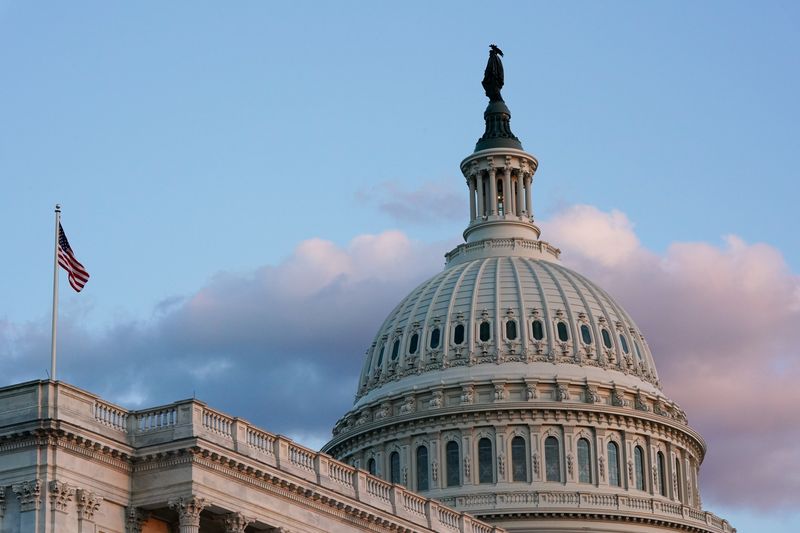TRENTON, NJ – With Congress battling over a government shutdown which could start in just hours a if a last-minute deal is not reached, New Jersey could feel some impact if a deal is not made.
Don’t worry; Santa is not a federal worker.
A federal government shutdown can have wide-ranging effects on the state of New Jersey, impacting everything from federal services to local economies. Here’s how different sectors in New Jersey could be affected:
New Jersey Federal Offices
During a government shutdown, federal offices in New Jersey would face operational disruptions. Non-essential services would cease, leading to the furlough of employees not deemed critical to maintaining essential functions. Essential employees, such as those in law enforcement or emergency services, would continue working but without immediate pay. This situation could lead to reduced efficiency in federal services. For instance, services like passport issuance or processing applications for federal benefits might slow down or halt, affecting New Jersey residents directly.
New Jersey’s national parks, including iconic sites like the Gateway National Recreation Area at Sandy Hook and the Statue of Liberty, would likely see significant impacts. Most parks would close, with visitor centers and educational programs being shuttered. Although some parks might remain physically open, services like trash collection, restroom maintenance, and ranger-guided tours would cease, potentially leading to environmental degradation and reduced visitor experience. The economic impact on local communities that rely on tourism and park activities could be considerable, with estimates suggesting millions of dollars lost daily in visitor spending during a shutdown.
Non-Essential New Jersey Federal Employees
A significant number of the federal workforce in New Jersey would be furloughed, meaning they would be sent home without pay until the government reopens. This includes employees in various departments not directly involved in essential services. The financial strain on these individuals can ripple through local economies as they cut back on spending. However, once the shutdown ends, these employees are typically entitled to back pay, although the immediate financial impact can still be severe.
Environmental Protection Agency (EPA)
The EPA’s operations in New Jersey would be greatly curtailed during a shutdown. Non-essential activities like routine environmental inspections, pollution monitoring, and certain regulatory actions would stop. This could delay responses to environmental hazards or enforcement of pollution controls, potentially affecting public health and environmental quality. Only a skeleton crew would remain to handle emergencies or critical tasks, leaving many ongoing projects on hold.
Department of Justice (DOJ)
While the DOJ would continue some operations, many non-essential activities would be deferred. This might include certain legal proceedings, community outreach programs, or grant distributions. The impact on law enforcement might be less immediate since these activities are often considered essential. However, any slowdown in administrative functions could delay legal processes or community initiatives.
Internal Revenue Service (IRS)
The IRS would see a significant impact during a shutdown, with two-thirds of its staff potentially being furloughed. Core functions like processing tax returns and providing taxpayer assistance would be severely limited. Although Social Security and Medicare payments would continue, tax refunds could be delayed, affecting personal finances and consumer spending. The IRS’s reduced capacity would also mean less enforcement and compliance activities, potentially impacting tax revenue collection.
Economic and Social Ripple Effects
- Contractors and Small Businesses: Many federal contractors would see work halt, directly affecting their income and, by extension, local economies. Small businesses that depend on federal contracts or operate near federal installations would face reduced business.
- Travel and Tourism: Beyond national parks, a shutdown could affect air travel with potential delays due to unpaid air traffic controllers and TSA agents. This could further impact New Jersey’s tourism industry, already affected by park closures.
- Public Services: Delays in services like food safety inspections by the FDA could lead to public health concerns or affect local food industries.
In conclusion, while essential services continue, the broader impact of a government shutdown on New Jersey could lead to economic downturns, environmental setbacks, and significant disruptions in federal services.
The state, like the rest of the nation, would be in a holding pattern, waiting for federal functionality to resume. Each day of a shutdown not only increases these impacts but also the cost of recovery once the government reopens.

